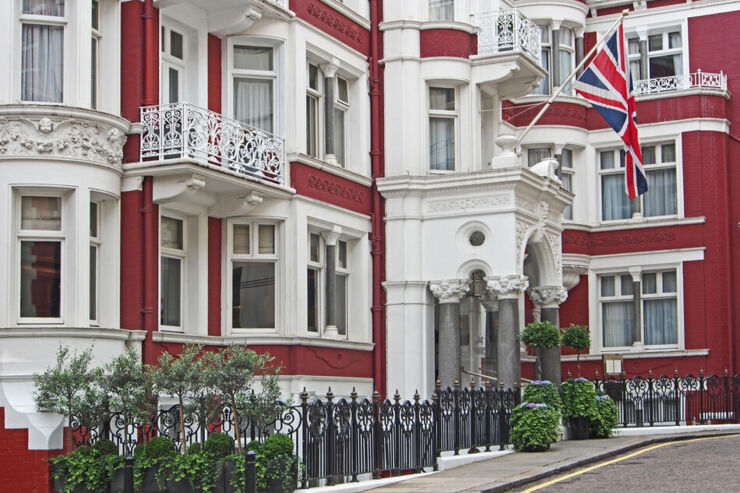Why work with a buying agent?
Buyers sometimes mistakenly think an estate agent is working for them, but buyer beware: in the UK, estate agents work exclusively for the vendor. Estate agents are incentivised to achieve the highest price for their client, so it’s easy to end up overpaying for a property. As a buyer in the competitive London market, having a representative working exclusively in your interest is critical to your success.
You also have another advantage using a buying agent because they are ahead of the game when it comes to listings: they will know about and have visited top properties before they appear online. London’s best buying agents have a network that allows them to source property directly from banks, developers, auction houses and other origins.
Making an offer
When you’ve found a property you would like to purchase, your buying agent will get to work collating relevant sales information. They will summarise everything you need to know about the property, from its history to the reason behind the sale. With this knowledge, you will have the right information to make informed buying decisions. Buying agents are skilled negotiators, and they often save significant sums on behalf of their clients.
Smoothing over a sale
Buying agents can also carry out a lot of the essential tasks that come with buying a property on your behalf. They can appoint a conveyancing lawyer, arrange a survey, bank valuation and source quotes for any work you’d like carried out, ensuring that the transaction goes through to a successful exchange and completion.
What’s in store for the London property market this year?
An Indian summer
The UK had a very long ‘hard’ lockdown, and travel restrictions in some form are expected to remain in place for some time. The result? London’s typical spring buying and selling season will be delayed until autumn. Vendors are currently holding off listing properties because they’re worried about under-selling. By autumn, you can expect more properties to come to market as sellers anticipate the return of international buyers, potentially with vaccine passports and fewer travel restrictions.
Buyers in the mid-to-high-end price range will need to be realistic about what they can afford in the face of a potential explosion of positivity and sharp upward moves in asking prices.
Green property is all the rage
Prospective buyers are becoming more sensitive to how eco-friendly properties are. Building materials, carbon footprints and energy efficiency rating are all being considered closely. Developers are also looking at how they can make their properties greener, with more sustainable and eco-friendly prime property likely to become equally, if not more, hip than ‘plain’ prime property.
Greener property isn’t just about the feel-good factor, though. With policymakers keen to reduce emissions, the UK government and regulators are likely to continue to push greener properties in future. Adding sustainability to your list of property desirables is increasingly a smart investment move.
The rise of the 15-minute city
Remote working and more online shopping have dramatically changed what residents want from the area they live in. Unique, characterful high streets and a preference for more amenities close to home (as opposed to the office) will be priorities for buyers: the 15-minute city is on the rise.
St John’s Wood is a clear example of a 15-minute city within London, which explains one reason why house prices have risen so dramatically this year. White City, Richmond, Dulwich, Hampstead and Chiswick are all good examples, too.
Busting the ‘London exodus’ myth
Many long-term London residents moved away from London during lockdowns, buying or renting a property in the suburbs or in other parts of the country. Once everything that makes London great re-opens, people may tire of the outskirts and long to be back in the thick of London life. Remote working will be dependent on employers, and while there may be more flexibility in future, most businesses are likely to want their workforce back in the office most of the time.
Property prices and demand
Price trends have reflected the behavioural impact of the pandemic – more working from home and the need to secure more outside space. As a result, houses have outperformed flats in price terms, while price growth in outer London postcodes has outstripped traditional Prime Central London. Domestic buyers led the way post lockdown and continue to be the dominant force, particularly for properties in the £5m-£10m bracket. There may, however, be some reversal of the houses vs flats trend as the UK’s vaccination rollout continues.
Thanks to Camilla Dell, Founder of Black Brick, for the article
For more information, download the ''How to Buy and Finance Luxury Property in London'' guide




